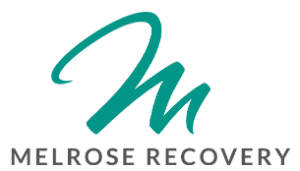Withdrawal Timeline
How Long Does Withdrawal Last? – Withdrawal Timeline
Withdrawal Timeline – Drug withdrawal is scary, painful, and embarrassing. Throughout the process it’s difficult not to think that it will last forever. However, it’s imperative to remember that it’s not forever; it just takes time. The amount of time is dependent on a variety of factors that could include psychological, metabolic, and physical health factors. Generally, symptoms can begin within hours of the last dose and may last for several days to weeks. In some cases, people experience even more prolonged withdrawal periods. Understanding the complexities of withdrawal is crucial for managing expectations and seeking appropriate support during recovery.
What is Drug Withdrawal? – Withdrawal Timeline
Drug withdrawal refers to a set of symptoms that can occur when a person stops using a drug or medication. These symptoms can range from mild to life-threatening and vary depending on a few key factors. Some of these include the substance itself, the duration of use, and the individual’s physical and mental health. The experience of withdrawal is a key component of substance dependency and addiction, highlighting the body’s adaptation to the presence of the drug. Withdrawal symptoms often include the following:
- Anxiety
- Restlessness
- Insomnia
- Nausea
- Sweating
- Severe cravings

What Sort of Factors Influence the Drug Withdrawal Experience? – Withdrawal Timeline
The experience of drug withdrawal can vary significantly from individual to individual, influenced by a myriad of factors. Some may experience more severe withdrawal while others only experience mild withdrawal. As previously mentioned, the most influential factors that influence this include the following:
- The type of substance used
- The duration and intensity of use
- An individual’s physical health
- Genetic makeup
- The presence of co-occurring mental health disorders
Environmental and social factors, such as support systems and stress levels, also play critical roles in shaping the withdrawal experience. Together, these elements contribute to the complexity and diversity of withdrawal symptoms. It makes personalized drug detox treatment approaches essential for effective recovery.
Your Transformation Starts Here
Get Started on Your Personal Journey to Substance Abuse Addiction Recovery. Contact the Addiction Treatment Specialist at Melrose Recovery to Start the Admission Rehab Paperwork and Process.
What Sort of Factors Influence the Drug Withdrawal Timeline?
Several factors influence the drug withdrawal timeline, making it a unique experience for each individual. Key factors, once again, include the following:
- Type of substance used
- Duration of use
- Frequency of use
- Dosage of substance
- Method of cessation
- Individual health and metabolism
- The presence of co-occurring mental health disorders
These factors work together to determine the intensity and duration of withdrawal symptoms. This highlights the significance of personalized treatment plans in the recovery process. At Melrose Recovery, we believe that individualized care is imperative to successful recovery.
Acute Withdrawal vs. Protracted Withdrawal – Withdrawal Timeline
Acute drug withdrawal and protracted withdrawal is often referred to as Post-Acute Withdrawal Syndrome (PAWS); it presents distinct phases in the recovery from addiction with differing symptoms and management strategies. Acute withdrawal is characterized by the immediate symptoms experienced shortly after discontinuing drug use. PAWS typically lasts sometime between a few days and several weeks.
PAWS’s symptoms can include physical discomforts such as sweating, tremors, and nausea, as well as psychological symptoms like anxiety and agitation. On the other hand, protracted withdrawal extends beyond the acute phase. This could last for months or years, with symptoms that are primarily emotional and psychological. These symptoms include those such as chronic fatigue, sleep disturbances, prolonged anxiety, depression, and even cognitive impairments. Understanding the differences between these two phases is crucial for developing effective treatment and support strategies for individuals recovering from addiction.
How Long Do Drug Withdrawal Symptoms Last? – Withdrawal Timeline
The duration of drug withdrawal symptoms can significantly vary. As previously mentioned, this depends on the substance involved, the duration of usage, and the individual’s physical health. Generally, symptoms can last from a few days to several weeks. For some substances withdrawal symptoms can begin within hours of the last intake and peak within the first week. This is particularly true for those that are physically addictive. However, psychological withdrawal symptoms can linger for months. This emphasizes the significance of comprehensive residential treatment and support systems in overcoming addiction.
How Does Dependency Level and Duration of Drug Abuse Impact the Drug Withdrawal Timeline?
How Does Individual Health and Metabolism Impact the Drug Withdrawal Timeline?
Individual health and metabolism significantly influence the timeline and severity of drug withdrawal symptoms experienced by a person. A robust metabolism can expedite the detoxification process, allowing the body to eliminate the substances more quickly and mitigate withdrawal symptoms. Conversely, underlying health issues or a slower metabolism may prolong the presence of the drug in the system. This extends the withdrawal period and intensifies symptoms.
How Do Psychological and Environmental Factors Impact the Drug Withdrawal Timeline?
Psychological and environmental factors significantly influence the drug withdrawal timeline, often impacting the severity and duration of symptoms. Psychological factors, including an individual’s mental health status, stress levels, and personal resilience, can exacerbate withdrawal symptoms. Conversely, a supportive and stable environment can mitigate these effects, providing a sense of safety and reducing the likelihood of relapse.
Environmental factors also play a critical role; this could include access to support, the presence of triggers, and the availability of professional medical and psychological support. Together, these factors emphasize the complexity of addiction recovery; it highlights the necessity for a comprehensive and personalized approach to treatment.
Understanding Kratom Withdrawal Symptoms: What You Should Know
As research into Kratom continues, one significant takeaway is the potential for withdrawal symptoms following its use. While some users and studies suggest that Kratom may help ease symptoms of opioid withdrawal, there is growing evidence that it can also lead to both physical and psychological dependence. Because of this, it’s important for anyone considering Kratom to be aware of the possible withdrawal effects that may arise. Knowing what to expect can help users make informed decisions about its use and prepare for any challenges during cessation.
Recovery Detox at Melrose Recovery – Withdrawal Timeline
Drug Withdrawal Doesn’t Have to Feel Hopeless – Contact Melrose Recovery Today
If you’re struggling with drug withdrawal, you don’t have to face this daunting challenge alone. Melrose Recovery is here to support you every step of the way. Our desire is to provide compassionate care and personalized treatment plans designed to ease your path to recovery. If you or a loved one would like to find out more, you can contact us here.

We Work With Major Insurances





Get In Touch
info@melroserecovery.com
501 North Mariposa Ave, Los Angeles, CA 90004



